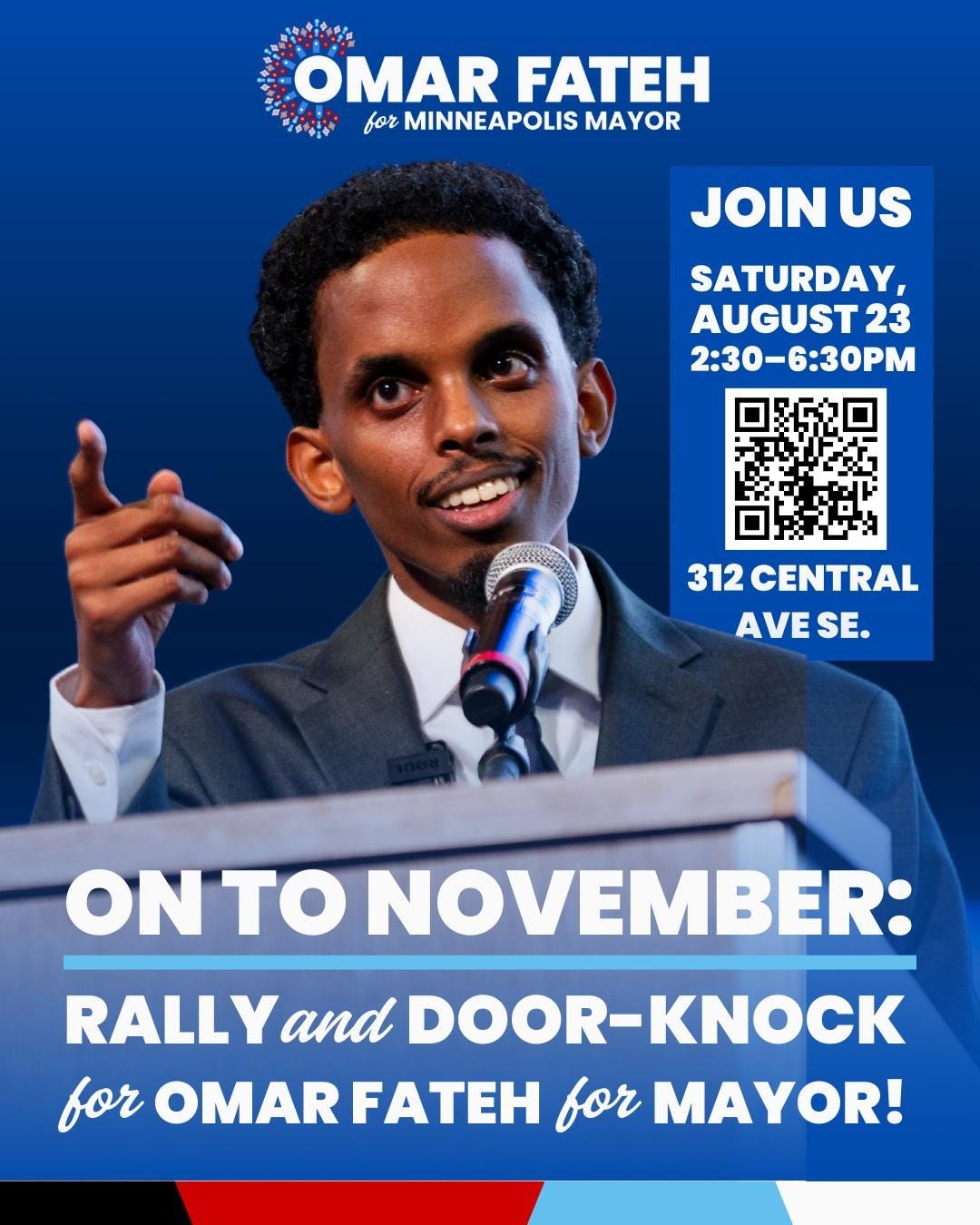
The Minnesota Democratic-Farmer-Labor Party has rescinded its endorsement of State Senator Omar Fateh for Minneapolis mayor after an internal investigation uncovered serious flaws in the electronic voting system used during the party's summer convention. The party's Constitution, Bylaws, and Rules Committee ruled Thursday that broken spreadsheet formulas, unsecured access by campaign operatives, and substantial vote miscounts had compromised the endorsement process to such an extent that no candidate would receive the party's backing in the mayoral race.
How Technology Failed Democracy
The investigation revealed a cascade of technical failures that undermined the integrity of the endorsement vote held earlier this summer. According to draft findings obtained by the Spokesman-Recorder, an Excel spreadsheet used to tabulate votes contained multiple broken formulas that led to significant undercounting on the first ballot.
"There was clear evidence that the endorsement of State Sen. Omar Fateh for mayor was facilitated by use of a flawed electronic voting system," the DFL's Constitution, Bylaws and Rules Committee stated in their ruling.
The committee's investigation uncovered that one candidate who had actually reached the critical 20 percent threshold in the first vote was incorrectly dropped from consideration due to tabulation errors. Perhaps most concerning, the spreadsheet remained unsecured throughout the process, allowing unauthorized access by non-members of the credentials committee, including representatives from various campaigns.
These fundamental flaws were deemed severe enough that the committee ruled the first and second ballots of the mayoral endorsement should be disregarded entirely, resulting in Fateh's endorsement being formally revoked.
Fateh Campaign Cries Foul: "Disenfranchisement" Claims
The Fateh campaign responded swiftly to the committee's decision, characterizing it as an establishment effort to overturn the will of Minneapolis voters. Graham Faulkner, Fateh's co-campaign manager, framed the challenge as politically motivated interference by party insiders.
"Our campaign sees this for what it is: disenfranchisement of thousands of Minneapolis caucus-goers and the delegates who represented all of us on convention day," Faulkner said in an emailed statement to the Spokesman-Recorder.
Faulkner further alleged that the decision represented institutional resistance to Fateh's progressive message, claiming that "the establishment is threatened by our message" and "scared of a politics that really stands up to corporate interests and with our working class neighbors".
The campaign announced it is actively exploring an appeal of the committee's decision. However, the party has not specified what appellate process might be available or the timeline for such proceedings.
"Correcting Our Mistakes"
Current Minneapolis Mayor Jacob Frey, who was Fateh's primary opponent for the DFL endorsement, welcomed the committee's decision as a necessary correction of a flawed process. Frey positioned the ruling as evidence of the party's commitment to electoral integrity.
"I am proud to be a member of a party that believes in correcting our mistakes, and I am glad that this inaccurate and obviously flawed process was set aside," Frey said in an emailed statement.
The incumbent mayor emphasized that the decision would restore proper democratic accountability to the mayoral race. "I look forward to having a full and honest debate with Senator Fateh about our city's future, with the outcome now resting squarely where it should — with all the people of Minneapolis," Frey added.
Party Leadership Seeks Unity After Chaos
DFL Party Chairman Richard Carlbom attempted to pivot the party's focus away from the endorsement controversy toward broader electoral goals. In his statement, Carlbom emphasized the need for party unity heading into future elections.
"Now it's time to turn our focus to unity and our common goal: electing DFL leaders focused on making life more affordable for Minnesotans and holding Republicans accountable for the chaos and confusion they've unleashed on Minnesotans," Carlbom stated.
The chairman's comments appeared designed to minimize internal party divisions while redirecting attention toward opposition criticism of Republican governance in Minnesota.
Implications for Minneapolis Politics
The rescission of Fateh's endorsement fundamentally alters the dynamics of the Minneapolis mayoral race. Without a DFL endorsement, both Fateh and Frey will compete on more equal footing for Democratic voters, potentially extending the campaign timeline and increasing spending as both candidates work to build independent coalitions.
The controversy also raises broader questions about the DFL's internal processes and technology infrastructure. The reliance on basic spreadsheet software for such a consequential vote highlights potential vulnerabilities in the party's electoral operations that could affect future endorsement contests.
A Race Without Party Backing
The committee's decision to withdraw all endorsements rather than conduct a new vote suggests the DFL views the original process as too compromised to salvage. This unprecedented step leaves Minneapolis Democrats without official party guidance in choosing between Fateh and Frey, forcing voters to evaluate the candidates based on their individual merits rather than party preferences.
The outcome of any potential appeal by the Fateh campaign could further complicate the race, particularly if it extends uncertainty about the party's position into the fall campaign season. Regardless of the appeal's success, the controversy has already damaged the credibility of the DFL's endorsement process and created an opening for both campaigns to claim legitimacy in representing the party's values without formal organizational backing.
As Minneapolis approaches its municipal elections, voters will ultimately decide whether the technical failures that undermined the endorsement process reflect broader concerns about either candidate's ability to manage complex civic operations.


